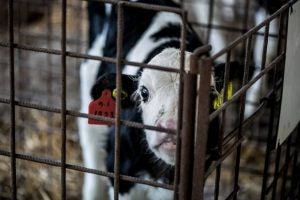 January 23, 2026
by Elisabeth Buscemi
Agriculture
Climate change
Legislation
Regulations
January 23, 2026
by Elisabeth Buscemi
Agriculture
Climate change
Legislation
Regulations
H.R. 4673 is scientifically unsound and keeps focus away from substantive discussions on how to make animal agriculture more environmentally sustainable.
 January 20, 2026
by Hatem Hassan
Climate change
International
Legislation
January 20, 2026
by Hatem Hassan
Climate change
International
Legislation
Climate change is displacing millions, but U.S. environmental and immigration laws fail to protect climate migrants—revealing a growing legal gap with urgent human consequences.
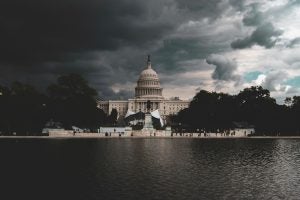 November 13, 2025
by Dalton Lucas
Climate change
Legislation
November 13, 2025
by Dalton Lucas
Climate change
Legislation
Due to anthropogenic climate change, natural disasters continue to rise, and Congress must act to ensure these events do not disrupt elections. With financial cuts to both federal emergency response agencies and reduced federal funding for state and local election administration, natural disasters have the potential to disrupt and disenfranchise thousands of Americans.
 October 24, 2025
by Jada Huang
Climate change
State and Local
Wildlife
October 24, 2025
by Jada Huang
Climate change
State and Local
Wildlife
The "Grue Jay," a miraculous hybrid, reveals a greater truth about the role of humans in shaping avian adaptation. State and local politicians are taking the initiative to supplement weakened federal protections for wildlife.
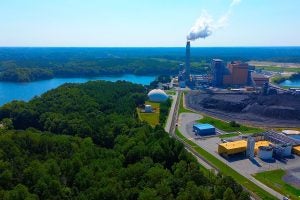 May 6, 2025
by Christopher Slama
Climate change
State and Local
May 6, 2025
by Christopher Slama
Climate change
State and Local
A challenge to state climate laws by the Department of Justice, following a recent executive order, will test the limits of environmental federalism. But the dormant Commerce Clause is not a serious obstacle for states.
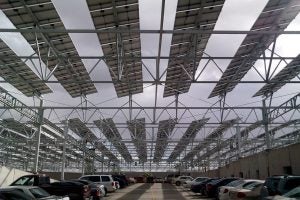 April 22, 2025
by Eli Merkadeau
Climate change
Federal Rollbacks
Regulations
April 22, 2025
by Eli Merkadeau
Climate change
Federal Rollbacks
Regulations
The Trump Administration invoked the International Emergency Economic Powers Act of 1977 to create its new tariff regime. This new trade policy disrupts the clean energy transition and shows how the trade deficit, not climate change, will be treated as an emergency.
 April 2, 2025
by Sehtab Ahmad
Climate change
Sustainability
April 2, 2025
by Sehtab Ahmad
Climate change
Sustainability
Hedge fund activism increasingly influences corporate environmental and social (E&S) policies. In this GELR blog post, Sehtab Ahmad sharply articulates that lasting, effective E&S governance requires consistent leadership from corporate boards, rather than pressure from activist investors and proxy advisors.
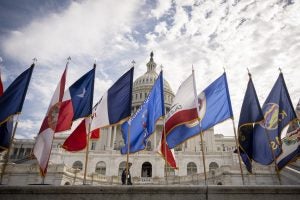 February 18, 2025
by Matthew Bentley
Climate change
Federal Rollbacks
Litigation
State and Local
February 18, 2025
by Matthew Bentley
Climate change
Federal Rollbacks
Litigation
State and Local
Facing President Trump’s intensified climate rollback, states have emerged as the bulwark—recommitting to emission reductions, suing for constitutional principles, and challenging unprecedented executive overreach.
 February 11, 2025
by Nicholas Alois
Climate change
State and Local
February 11, 2025
by Nicholas Alois
Climate change
State and Local
New York has made it a mission to reduce its state’s negative climate impact. However, in working toward this goal, many resent the change associated with new climate initiatives – particularly those impacting their wallets.
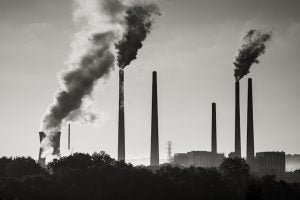 January 30, 2025
by Agnes Enochs
Climate change
Federal Rollbacks
Renewable Energy
January 30, 2025
by Agnes Enochs
Climate change
Federal Rollbacks
Renewable Energy
Trump spent his first day in office issuing a series of executive orders reversing the Biden administration’s policies on climate change and energy. As Trump retreats from global climate cooperation, is the U.S. falling out of step with the rest of the world?











